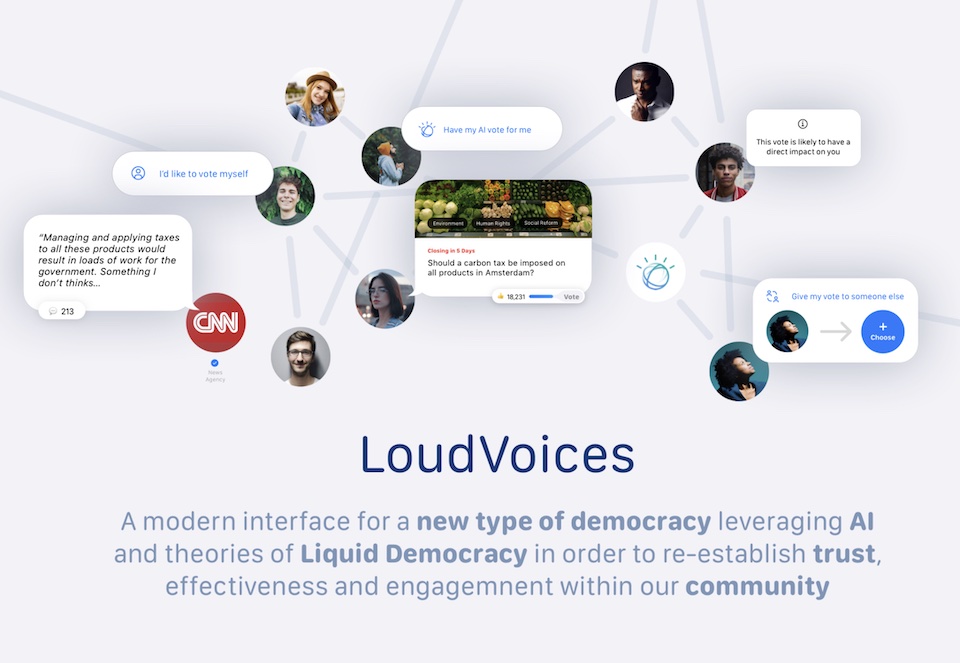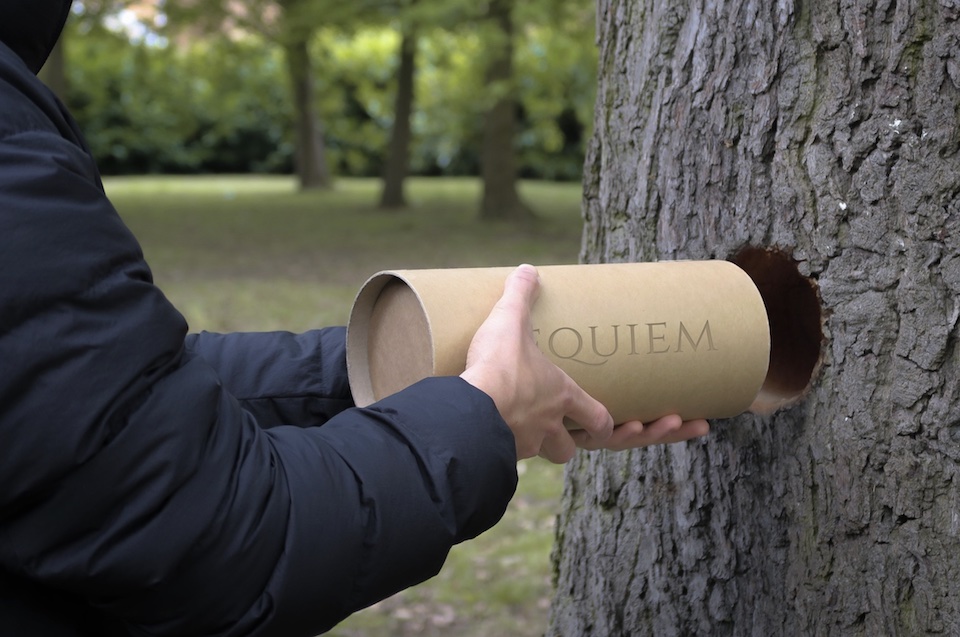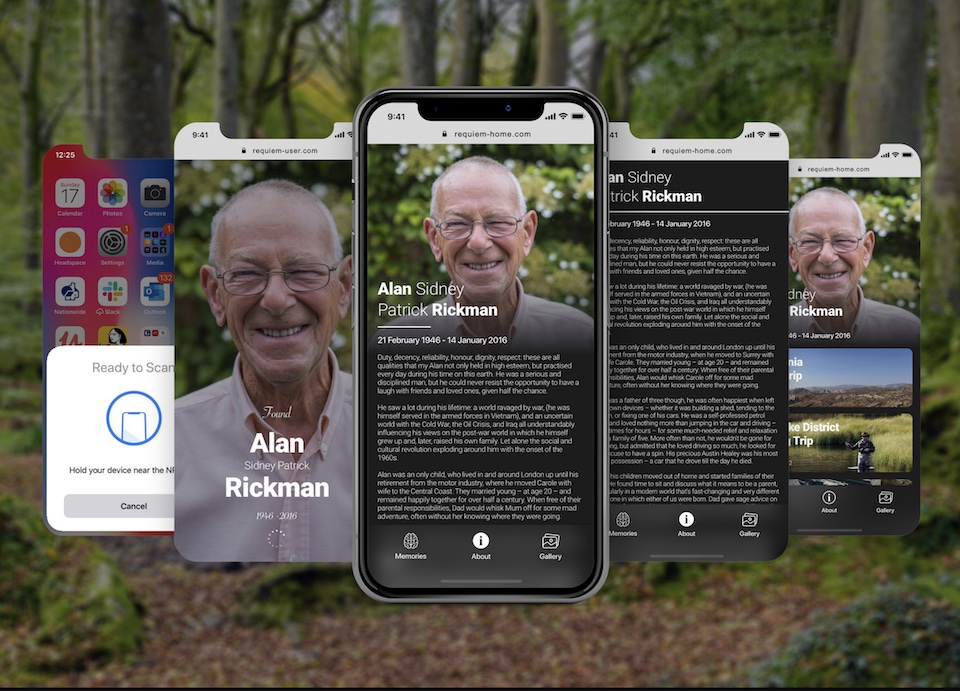The awards are open to creatives from around the world and aims to encourage students and graduates (of up to 2 years) to leverage creative skills to develop unique solutions to global problems. They are invited to submit a winning project relating to one of their six impact themes. These include; Community, Education & Learning, Environment & Sustainability, Equality & Justice, Health, Wellbeing & Disability, and War & Crisis.
Supported through Industrial Design Studies 3 (IDS3) at Loughborough University, a final year module as part of the Industrial Design & Technology course, it is built on equipping students as ethically minded designers, which opens up opportunities to submit their projects to the Creative Conscience awards. The winning students chose to become involved in the competition as it was an opportunity to move beyond the “pretty visuals and concepts” offered in a traditional product design setting, as well as the briefs being aimed more towards tackling real issues that our world faces today. Each one provided them with the perfect opportunity to push curiosity and to create a design solution which could truly help build a fairer, healthier and more sustainable world.
Arnaud Gillard chose to respond to the 'Conscious Consumption Challenge', aimed at addressing our unsustainable way of life, and an opportunity to create solutions towards avoiding self-destruction.
Throughout his five months of developing his proposal, he conducted extensive research and explored many potential avenues, with the ultimate goal of understanding the root-cause of the problem.
Arnaud explains that:
"The research concluded that ‘conscious consumerism’ as a concept is flawed. We cannot simply ‘buy’ our way out of the climate crisis. And if we do consume consciously, the relative impacts are only marginal, compared to the effort needed. For many years, corporations and governments have placed a huge burden on individual consumers, expecting them to spend more money on “eco products” and deal with the waste afterwards. And because of this, little accountability and responsibility is held on these corporations, who manipulate consumers to consume favourably to their economic models.
What is needed is government action and legislation. Yet our current system is broken. Trust has been eroded between citizens and leaders. Whereby money, power and popularity presides over what is best for the community and nation."



